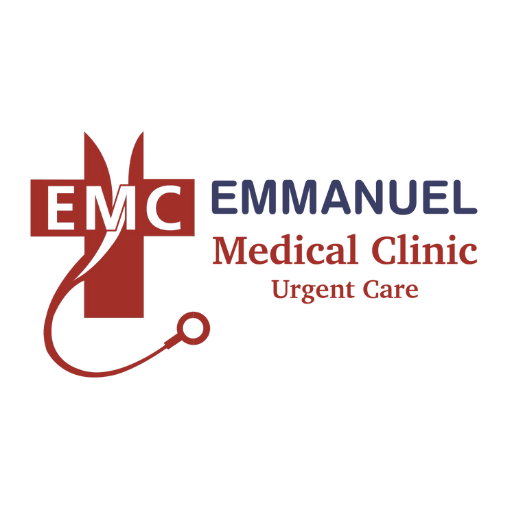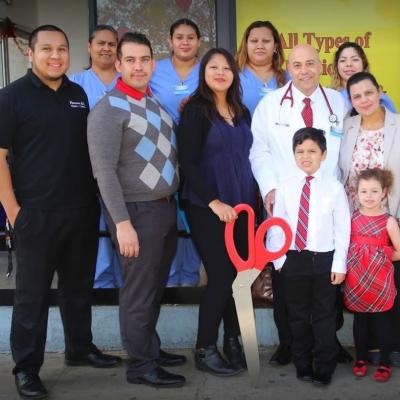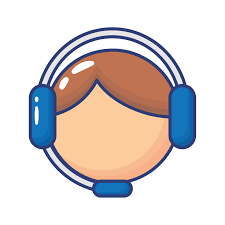Many of us struggle to maintain a healthy diet. Between fast food chains, lack of affordable fruits and vegetables, and a hectic daily routine, it can be hard to stay on track with what we eat. However, by knowing what you should be eating, and why,
you can find that elusive healthy diet much faster than you might think. In this article, we will explore the many facets of a healthy diet. What is a healthy diet? Do you need to overhaul your current eating habits? And what are the key things to keep in mind when trying to create or improve your own dietary habits?
What Is a Healthy Diet?
A healthy diet is one that is rich in a variety of nutrients, but low in calories and fat. It also needs to be low in saturated fat and sodium, and include a variety of fruits, vegetables, and fiber-rich foods. Healthy diets can provide health benefits, including preventing chronic diseases like type 2 diabetes, heart disease, certain cancers, and certain mental health issues. There is no one “right way” to have a healthy diet. The “perfect diet” is often the one that works for you and your lifestyle the best.
The Importance of a Balanced Diet
Healthy diets are important. However, they should not be the only thing you focus on when trying to lose weight or gain muscle. A healthy diet is just one component of a healthy lifestyle. You should also be doing cardio workouts, strength training, and/or yoga to maintain or increase muscle mass. You should also be regularly hydrating yourself through water and/or healthy beverages like coffee or tea, but also healthy snacks and meals to help you stay energized and decrease muscle breakdown.
Food Groups and How to Eat Each One
There are many different diets around today, and many of them focus on one type of food, or a few types of foods, as the basis of their diet. The most balanced diet, however, is one that includes different types of food from the three major food groups: - Carbohydrates - Potatoes, corn, pasta, bread - Proteins - Meat, poultry, fish, eggs, beans, nuts, seeds - Fats - Vegetable oils, avocados, olives, olive oil, coconut oil Below is an example of how you could include different types of foods from these groups in your diet: Potato, corn, and pasta dishes. Beans or legumes. Fish or seafood. Eggs or dairy products. Vegetable oils or fats.
What Shouldn’t Be in Your Diet?
As you may have guessed, there are a few things that you should absolutely avoid when creating a healthy diet. There is no shade around these three things, and they should not be a part of a healthy diet. - Processed foods - These are foods that have been heavily processed, including chips, cakes, cookies, and other baked goods. - Highly processed and refined foods - Refined foods, such as white flour and sugar, should be avoided because they don’t provide the nutrients that are present in unrefined foods. - Alcohol - While there is some debate on the matter, most experts agree that the consumption of alcohol, even if it’s just one alcoholic beverage per day, should be avoided. Alcohol has a very high calorie count and is high in both fats and sugars, making it a poor choice for a healthy diet.
Conclusion
Looking at all the things that could go wrong, and all the things that you could potentially mess up, it’s not hard to see why it’s difficult to maintain a healthy diet. Luckily, there is hope. With a bit of effort, and a healthy dose of patience, you can create a diet that works best for you. All you need to do is keep reading, and follow the tips outlined above










 And then Add to Home Screen.
And then Add to Home Screen.